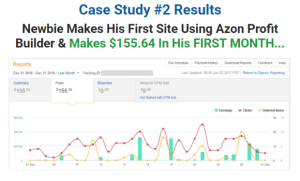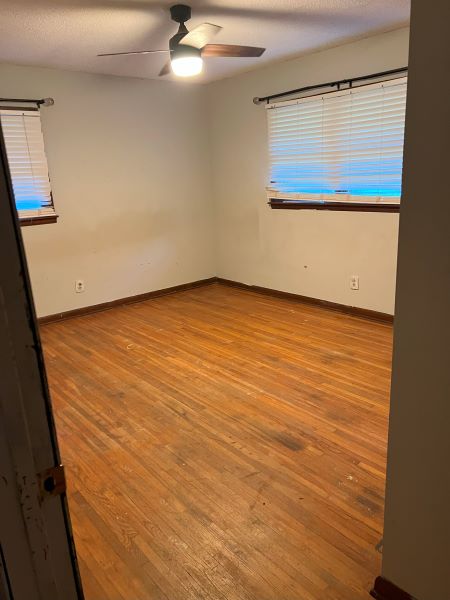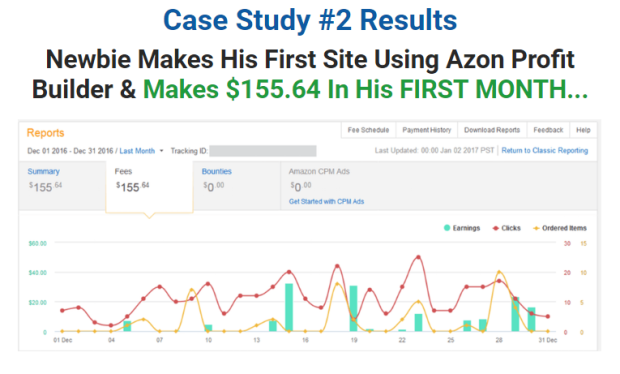Have you ever considered taking an overseas assignment? Getting to see the world — while earning a steady paycheck and gaining valuable work experience — is a dream for many adventurous workers. Accepting an expatriate assignment was also one of the best career decisions I ever made — but it required some serious financial preparation and thought.
If you are pursuing an expat assignment, hopefully you can use my experiences as a helpful guide to keep your cash flow on track.
Expat experiences — the short- and long-term varieties
There are two basic types of expat packages (both have financial assistance for relocation, housing, taxes, and other incidental expenses):
- Short-term assignments, between six months and two years, are becoming more common because they don’t require the complete upheaval of an employee’s life.
- Long-term assignments, usually three to five years, require the complete relocation of an employee and his or her family.
My experience was on a short-term assignment in London from 2011 through 2013. It was an easy decision because I was young, single, and paying month to month on my apartment at the time.
I welcomed the opportunity and forged ahead with faith in the company to protect me (which they did, but not without a bit of my own financial savvy to get me over the threshold).
Understand your assistance package
My expat package provided the following:
- Relocation assistance that included shipping some belongings and keeping others in storage.
- House-hunting services and assistance dealing with estate agents.
- A housing allowance and a cost-of-living adjustment that equalized the standard of living between Chicago and London.
- One paid trip back to the US each year in addition to any business travel I was expected to do for the company.
- Reimbursement for various, incidental travel expenses.
Use all given resources — and prepare for the taxman
I was also given tax assistance by a major accounting firm that handled my US and UK tax returns.
This was incredibly important because taxes were easily the most complex financial undertaking of the experience. Without the support of the accounting firm, it would have been very difficult filing returns in both countries and claiming foreign tax credits.
An additional benefit of this assistance was tax equalization, which attempts to mitigate any loss in take-home pay as a result of double taxation.
The unfortunate side effect of this financial assistance is an increase in taxable earnings, which is where the accounting firm saved the day again.
In order to stabilize my net pay, my earnings had to be grossed up, resulting in a tax liability for under-withholding and a payment to the IRS every year. Fortunately, the company reimbursed that amount, leaving me with a small net refund based on my tax profile as a US employee.
It’s all about that bank
This package was very good; but still, my earnings were paid in US dollars to a US account and I needed to pay bills in pound sterling. For example, I needed to pay rent in British pounds from a UK account. I had to get set up properly with a local account at a bank in London and learn how to move money across borders.
The solution was in finding a way to access cash without paying exorbitant banking fees; in addition, I had to manage my continuing cash obligations in the US while abroad. They were all valid concerns that, in my head, seemed like serious challenges, but in reality were fairly easily sorted out.
Visit the local bank, and soon!
Unless your assignment is very short and doesn’t require much out-of-pocket expense, you will need to set up a local bank account right away. You want to avoid paying ATM fees against your US account in any scenario. (It’s cheaper to wire larger sums of money between accounts so you can utilize a local bank account for your day-to-day cash requirements.)
Opening a bank account is different in each country, but it was fairly easy in the UK. All I needed was my passport and UK visa, something to verify my address, and a letter confirming my salary and employment. I tried to do this as soon as possible, but there were about two weeks where I was using ATMs to draw from my US account. I racked up a lot of fees along the way.
Funding your overseas account
Funding the account wasn’t immediately straightforward. I started by initiating wire transfers from my US account, paying wire fees and getting terrible spot rates. After some investigation, I found a foreign payment service that takes ACH debits from my US account and sends EFT credits to my UK account.
This is a widely available service used by small businesses to make overseas payments. In my case, I was just making payments to myself. It was cheaper and resulted in better rates, however, it took about five to seven business days to complete a transaction. I got into a routine of initiating the transfers on payday to cover the next month’s worth of expenses. Sometimes I would overlap transfers to ensure a steady balance.
Mind the gap! (Know your exchange rate)
Exchange rate volatility was challenging; but I wasn’t dealing in large sums of money, so the variance was minimal. I sometimes got excited about big drops in the spot rate and would initiate smaller transfers to take advantage, but the gain was rarely more than the cost of a round of beers.
Although being paid in local currency would have been preferable, the wire transfer challenges soon faded away and I found it more accommodating to be paid in US dollars. It allowed me to divert money to savings and investments in my existing US accounts more easily before wiring the rest over for my UK expenses.
Paying bills was incredibly easy once the cash arrived since everyone accepts — and prefers — electronic payments. I paid all my rent, council taxes and utility bills electronically. I was also living on cash alone since I wasn’t using my US credit cards and I only had a debit card for my UK account. If I cut it too close, I would have to draw from my US account via ATM and immediately deposit the cash into my UK account. It was kind of a sobering experience; but occasionally, it was necessary.
Keep calm and carry on
All of this activity seemed daunting at first. I was a bit nervous about the whole process of setting up accounts and moving money around. But it actually turned out to be about as easy as opening a brokerage account. The only other thing you need is a cursory understanding of exchange rates and banking terminology. After that, it’s back to the basics of managing your budget, except that you are dealing with two currencies and the cost of living may be higher
What is your experience? Are you interested in an expat assignment, or have you worked overseas? If so, how did you manage your day-to-day financial life? What were the benefits of that work experience?
![]()
SOURCE: Get Rich Slowly – Personal Finance That Makes Sense. – Read entire story here.





















